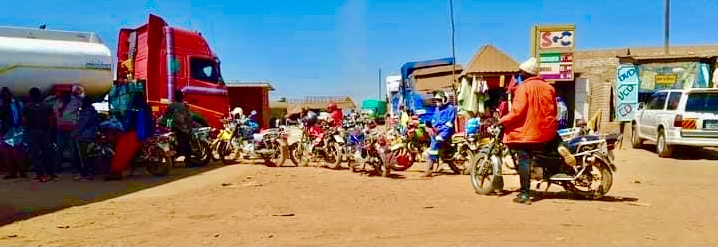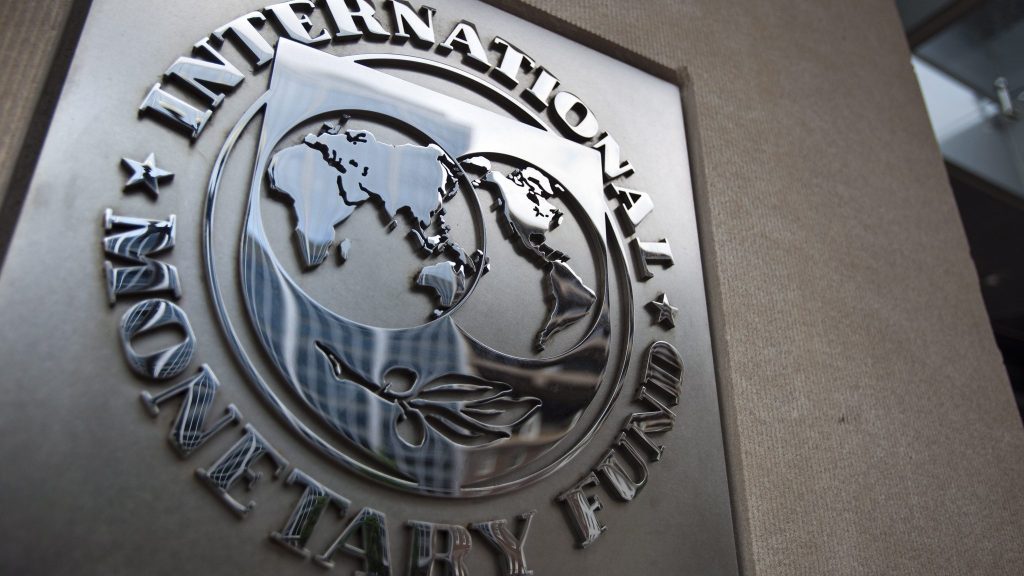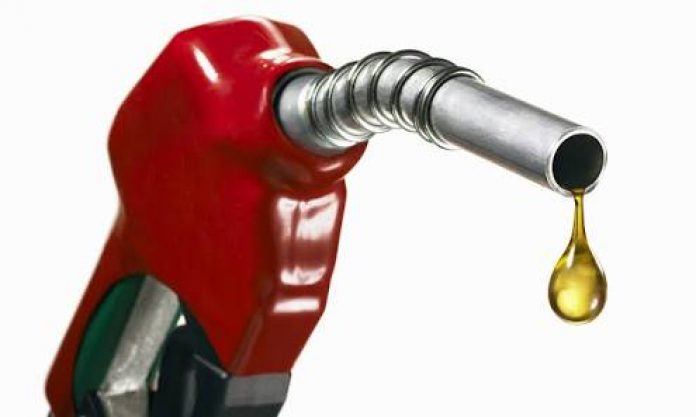As global crude prices trend bullish north of $75 a barrel, oil importing nations are faced with a fuel price hike potential quagmire as they grapple with taming other rising inflationary pressures from higher food prices and other factors globally in the pandemic period. Currently global economic recovery as vaccine administration against the COVID19 pandemic accelerates in developed nations is shaping crude demand fundamentals while geopolitical tension and actions by the OPEC+ states on supply cuts are shaping the supply side of the oil price curve. Fuel (petrol and diesel) forms a key input in manufacturing costs as such rising Brent prices on the international markets coupled with weakening currencies is widening consumer burdens of fuel spend and fiscal purses for those still subsidizing. According to the Chinsali Daily, a social media blog in Africa’s copper producer, fuel prices in Tunduma (Tanzania) a border town are K25.23 for a litre of petrol while that at Nakonde (Zambia) is selling for K17.62 for a litre. This has resulted in long queues on the Zambia’s border town side.

An SGC fuel station in Nakonde, Zambia bordering Tanzania. Fuel price arbitrage is causing queuing by Tunduma residents that seek to fill up their tanks with Zambia’s fuel priced lower.
This arbitrage behavioral tendency is not new to Zambia as the airline industry has faced it historically when its was deemed cheaper to refuel aircrafts in Johannesburg than in Lusaka. As such most local carriers ensured refueling was done from South Africa when the fuel price was lower on that end.
Read also: Crude price ‘bulls’ and Kwacha ‘bears’ could force Zambia’s Energy Regulator to hike pump prices
Africa’s second largest copper hotspot last adjusted pump prices in December 2019 when crude traded for $66.5 a barrel for Brent, 13.5% below the current levels while currency depreciation has remained a key source of concern especially in a pandemic period that saw increased asset sell-off pressure as investors fled local currency investments in preference for safer haven dollar denominated assets. This has exerted immense pressure on Emerging and Frontier Market – EM currencies including the Kwacha. The copper currency has from December 2019 shaved 72.0% value from 13.2 to current (July 2021) 22.65 levels for a unit of dollar. The arbitrage in fuel pricing between the two nations in question, is a case of consumers taking advantage of price anomalies cross border to ease operational costs which is likely to persist for as long as the disparity continues.
SOCIAL CONCERNS OUTWEIGH MARKET PRICING IN PANDEMIC TIMES BUT AT STATE COST
Energy reforms remain critical in the copper producer whose pace has been impacted by an array of factors key of which is the ‘black swan’ event, the COVID19 pandemic. However the global pandemic has evidently revealed strains on the public sector from a resource allocation perspective leading to re-prioritization of resources towards healthcare and other social-economic areas that continue to override the traditional need for market price reflectivity. A good example is how central banks have continued to cut or pause potential rate hikes even in times when aggressive currency slides have persisted but for social impact of not overburdening consumers and businesses to induce growth. It’s been a mammoth hurdle for the fiscal side in crisis times. The energy sector is one economic faculty that has not been exempt especially in the interest of growth as economies shriveled on the back of the COVID19 effects with constrained ecosystems. Much as the IMF does not support subsidies for the longest of times, the last IMF communique after the mission team visit in March softened this view with much acknowledgement that most of the actions the Zambian authorities took including delaying power and fuel hikes were in the interests of its citizens in pandemic times, societal considerations.
“With a weak economy and increased spending—both on emergency COVID related needs as well as agricultural subsidies—the fiscal deficit widened further largely financed from domestic sources. The authorities chose not to adjust fuel prices or electricity tariffs in order to support the population and enterprises during the difficult economic downturn contributing to further increases in domestic arrears and adding to the burden on ZESCO, the state-owned electricity company.” The David Robinson led IMF Mission team report extract (04 March 2021)
Read also: Oil price bears are unlikely to benefit Zambia despite crude market ‘corona virus’ infection
Delays in hiking pump prices reflects in part authorities subsiding fuel prices so as to cushion cost impact to end users though arguably when crude prices plummeted to the negatives, the regulators were not elastic in lowering prices very typical paradox of thrift actions. (Stronger inertia to lower prices that hike them).

ENERGY SUBSIDIES COULD FALL OFF WITH IMF BAIL OUT
In the labyrinth of debt restructure following ballooning fiscal pressure, an inflation spiral and currency woes energy subsides fall under the bucket of actions that the Washington based lender the International Monetary Fund – IMF does not support. Subsidies indicate a cost that the public sector incur at the expense of productive sectors of the economy. Historically, the IMF has been an advocate of market reflective pricing and as such if Zambia has made positive strides towards fiscal fitness getting closer to an Extended Credit Facility – ECF after agreeing a macroeconomic framework, then there is a likelihood that the market should brace itself for higher fuel prices, reflective of international Brent prices and the exchange rate levels after August. Energy and agriculture subsidies remain two areas Zambia is yet to address.
The red metal producer is at a critical stage of its economic recovery life cycle with rising copper prices that spell an improvement its mining tax proceeds which in-turn improves its currency and eventually inflation outlook, potential additional IMF $1.3 billion Special Drawing Rights – SDR injection after August when the lenders board approves ahead of a bailout package which serves as precursor for successful debt restructure. Only when Zambia’s default debt position changes, will its Long Term Issuer Rating – LTIR on its foreign currency debt, improve. The third COVID wave remains a key threat to growth and could force authorities to continue cushioning rising costs to ease burdens on consumers.
The Kwacha Arbitrageur

